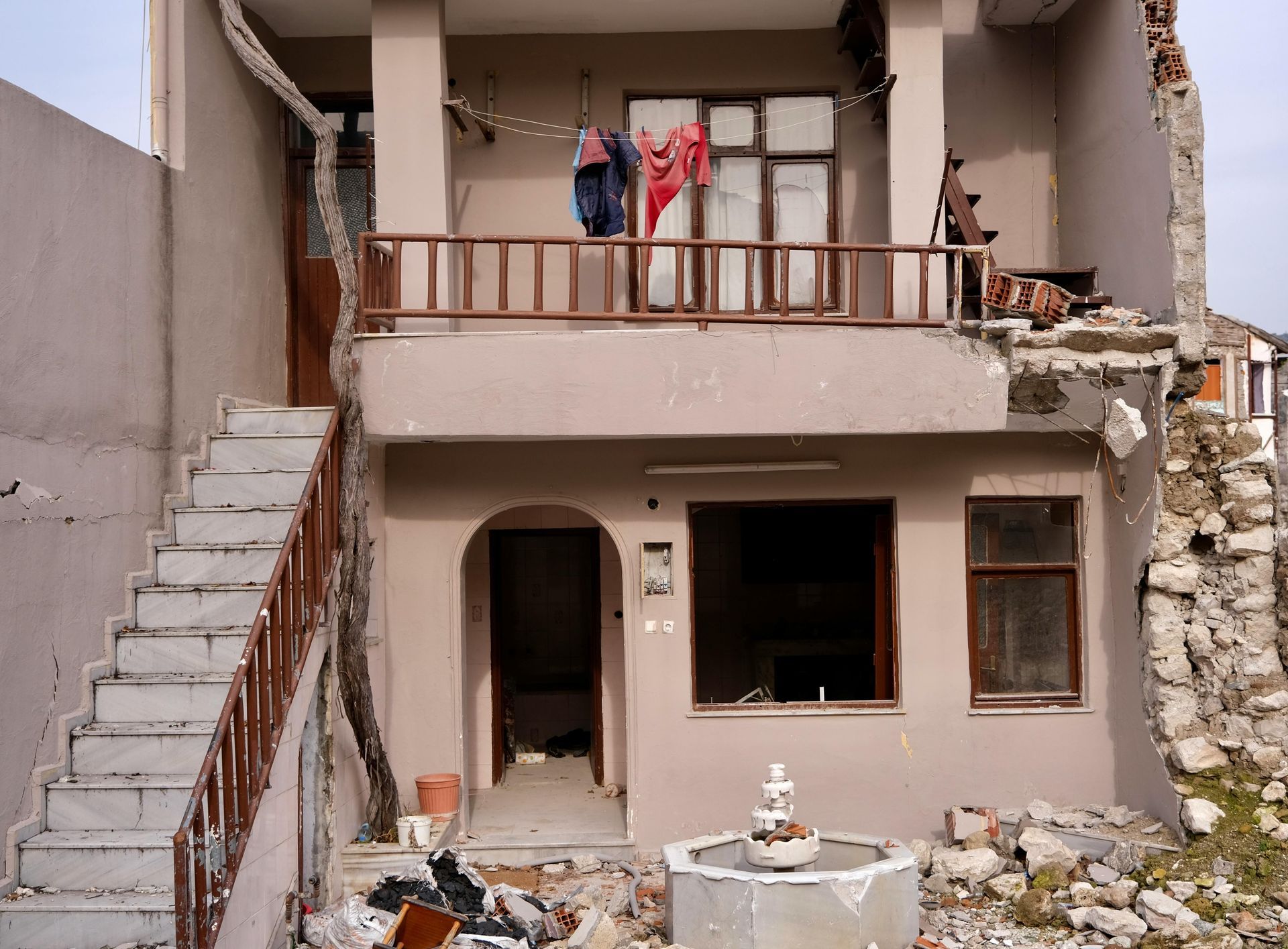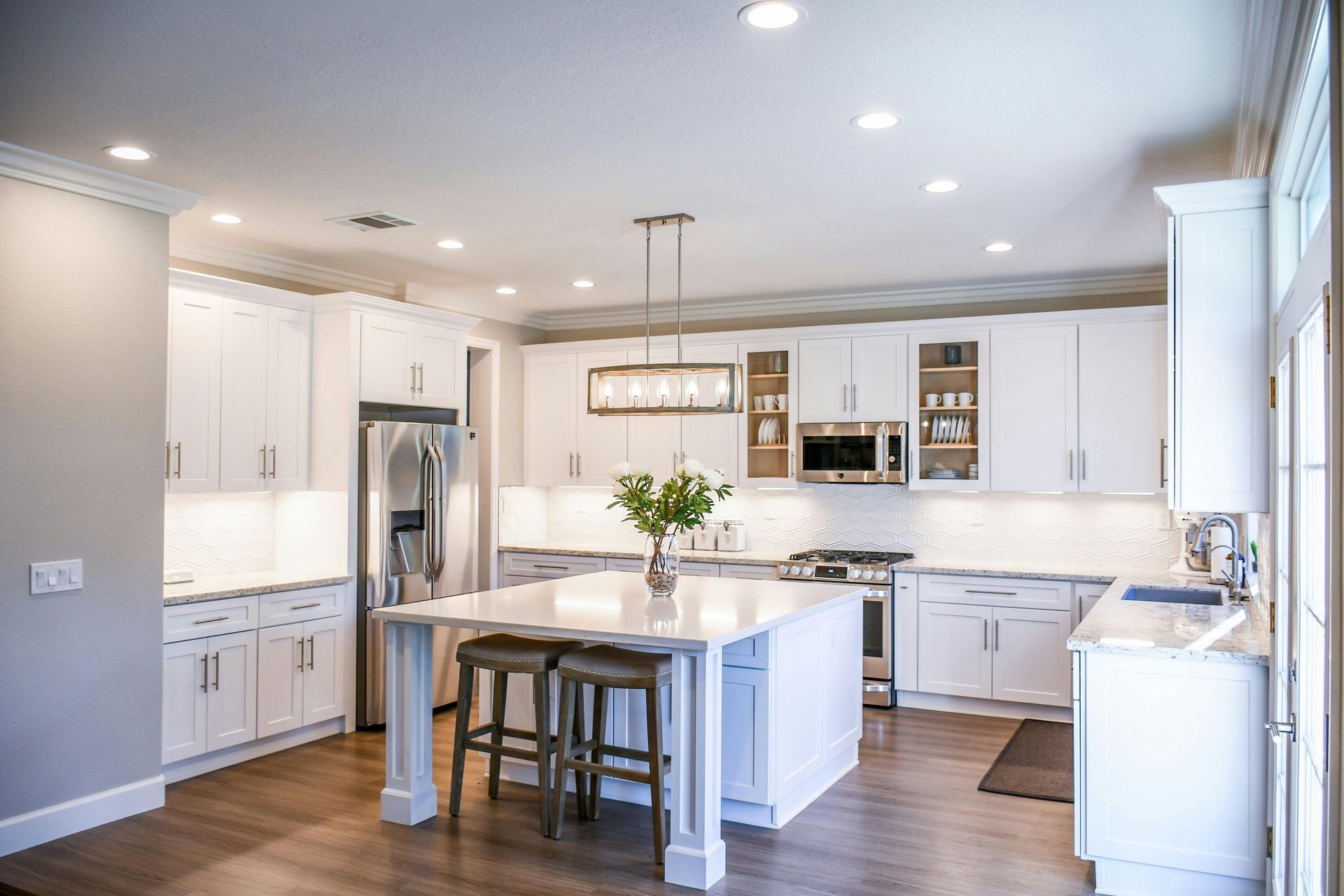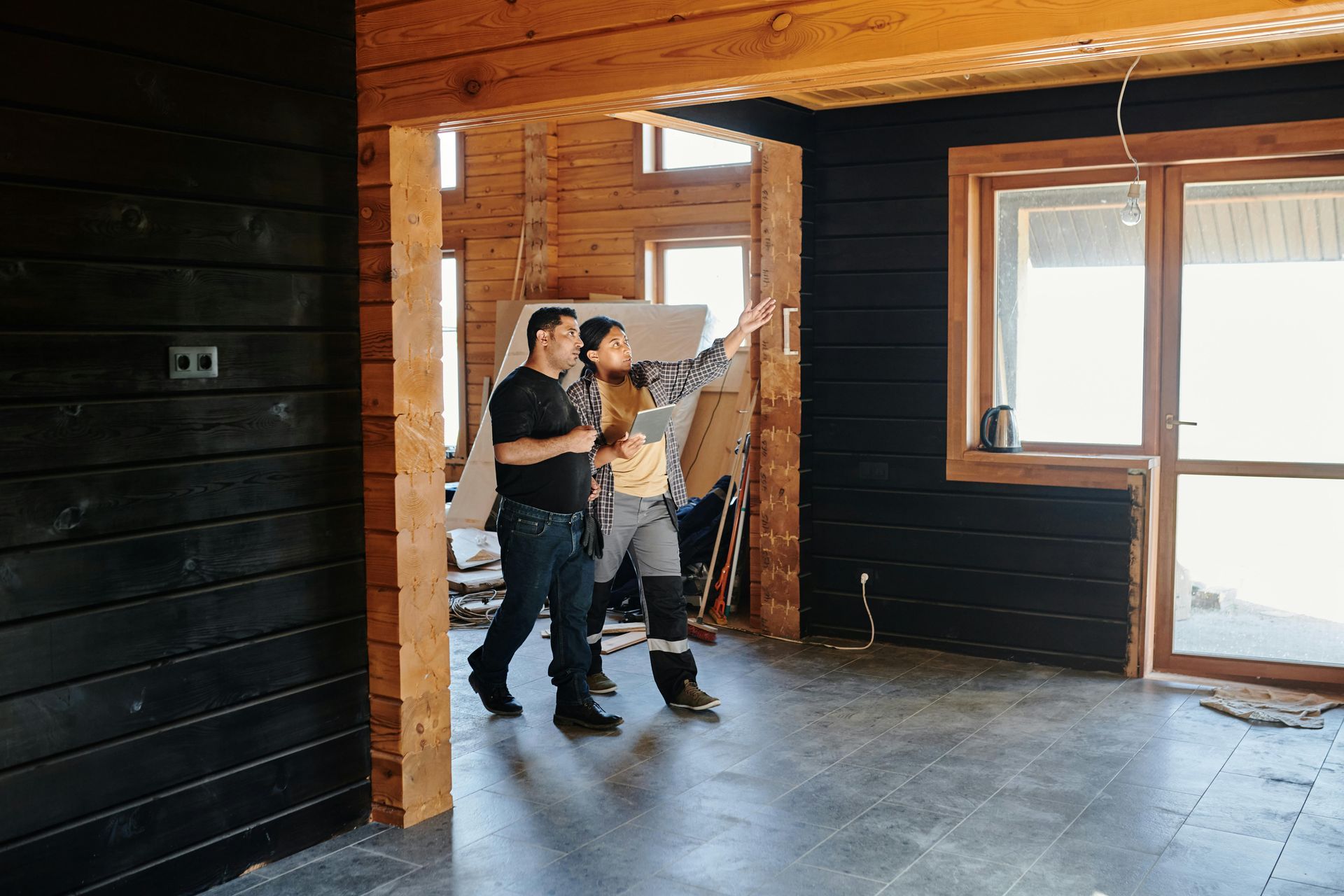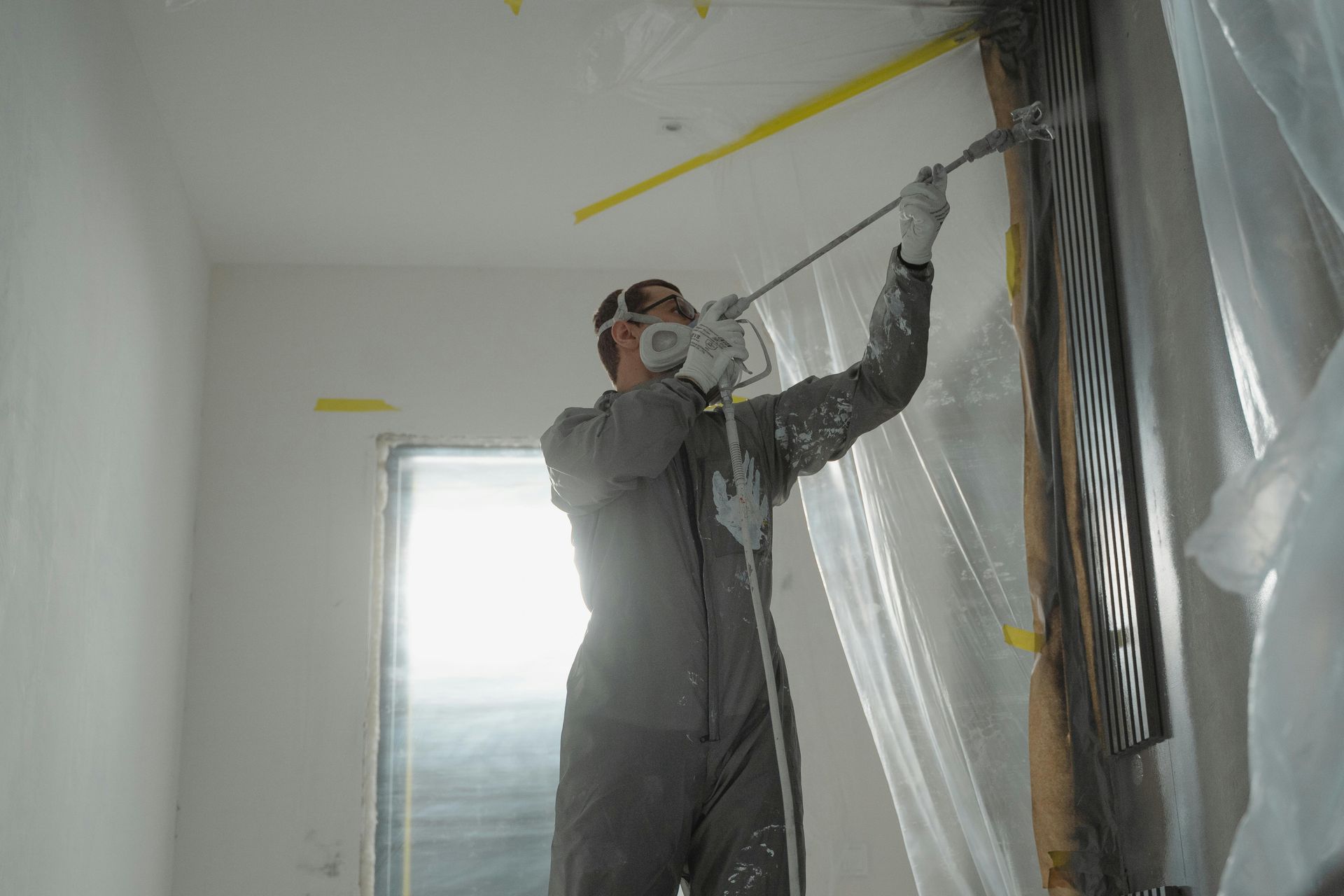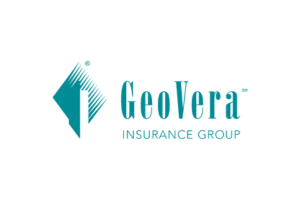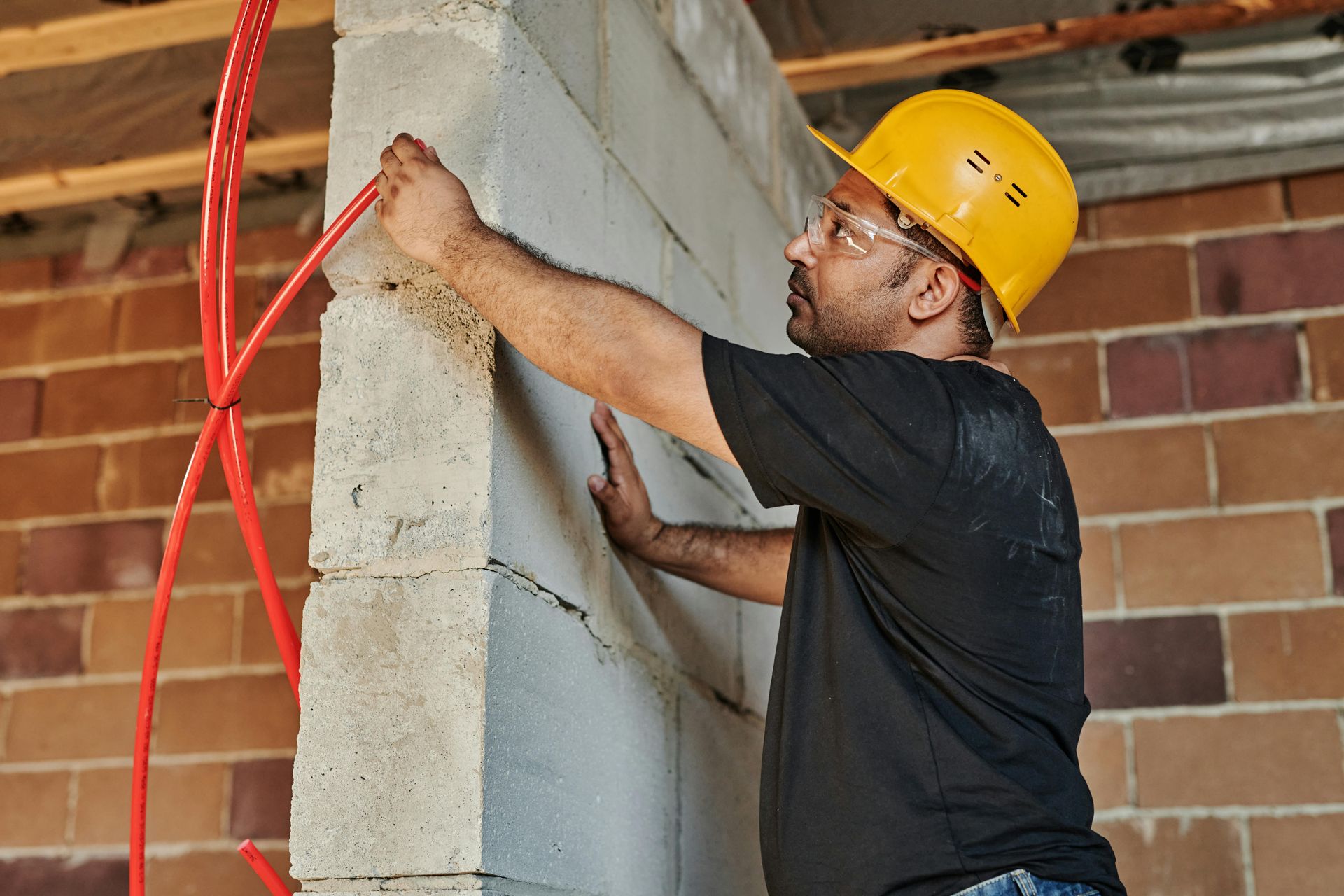Why Your Neighbors Might Not Be Insured—and Why That Matters in an Earthquake
In earthquake-prone areas like Washington State, most homeowners think about how to protect their own homes—but what happens when your neighbors don’t have earthquake insurance?
Whether you live in a suburban neighborhood in Spokane, a condo in Seattle, or a rural area near Mount Rainier, your neighbor’s lack of coverage can have serious consequences for you—especially when a major quake hits.
At Insurance Alliance, we help Washington homeowners understand the full scope of seismic risk, including how uninsured properties nearby may affect your own financial and physical safety.
Most Washington Homeowners Don’t Have Earthquake Insurance
Despite living in one of the most seismically active regions in the U.S., fewer than 15% of Washington homeowners have earthquake insurance.
There are several reasons:
- High deductibles (typically 10–25%)
- Misconceptions about risk
- Belief that FEMA will cover damage (often false)
- Confusion about coverage options
Following the July 2025 Mount Rainier earthquake swarm, many Washingtonians became more aware of the threat—but adoption remains low. And that creates a ripple effect.
4 Ways Uninsured Neighbors Affect You
1. Shared Walls and Structural Connections
If you live in a condo, townhome, or duplex, your property is physically connected to your neighbor’s. If their unit is damaged and they can’t afford repairs, your unit could remain exposed, even after your own repairs are done.
2. Homeowner Associations (HOAs) and Shared Buildings
In shared communities, the HOA is typically responsible for structural insurance. If your HOA doesn't carry earthquake coverage—or if too few owners support buying it—everyone is left vulnerable.
3. Blocked Access or Unsafe Debris
A severely damaged neighboring home may collapse or spill debris onto your property, blocking access to your driveway, entrance, or utilities. If the homeowner can’t afford repairs, you could be stuck with long-term disruption.
4. Neighborhood Recovery Time
Entire neighborhoods bounce back more slowly when only a fraction of residents are insured. You may be ready to move forward—but if others aren’t, property values may suffer, and services (like schools and shops) may take longer to return.
Why You Still Need Earthquake Insurance
Even if your neighbors aren’t prepared, you can be. Earthquake insurance helps you:
- Rebuild or repair your home
- Replace personal belongings
- Pay for temporary housing
- Avoid relying on limited federal aid
And if you combine traditional and parametric coverage (like through Neptune Insurance), you can get fast payouts even while others are still waiting for help.
How Insurance Alliance Can Help
We guide Washington homeowners through:
- Choosing earthquake coverage that fits your home and budget
- Understanding the risks of living in unprepared communities
- Exploring traditional and fast-payout parametric options
- Reviewing HOA and condo policies for gaps
We’ll help you stay protected—even if your neighbors aren’t.
Don’t Wait for a Wake-Up Call
Your home might be strong—but you don’t live in isolation. The July 2025 Mount Rainier swarm was just one of many reminders: seismic risk is shared risk.
Get protected now. Contact Insurance Alliance for earthquake insurance guidance in Washington.


